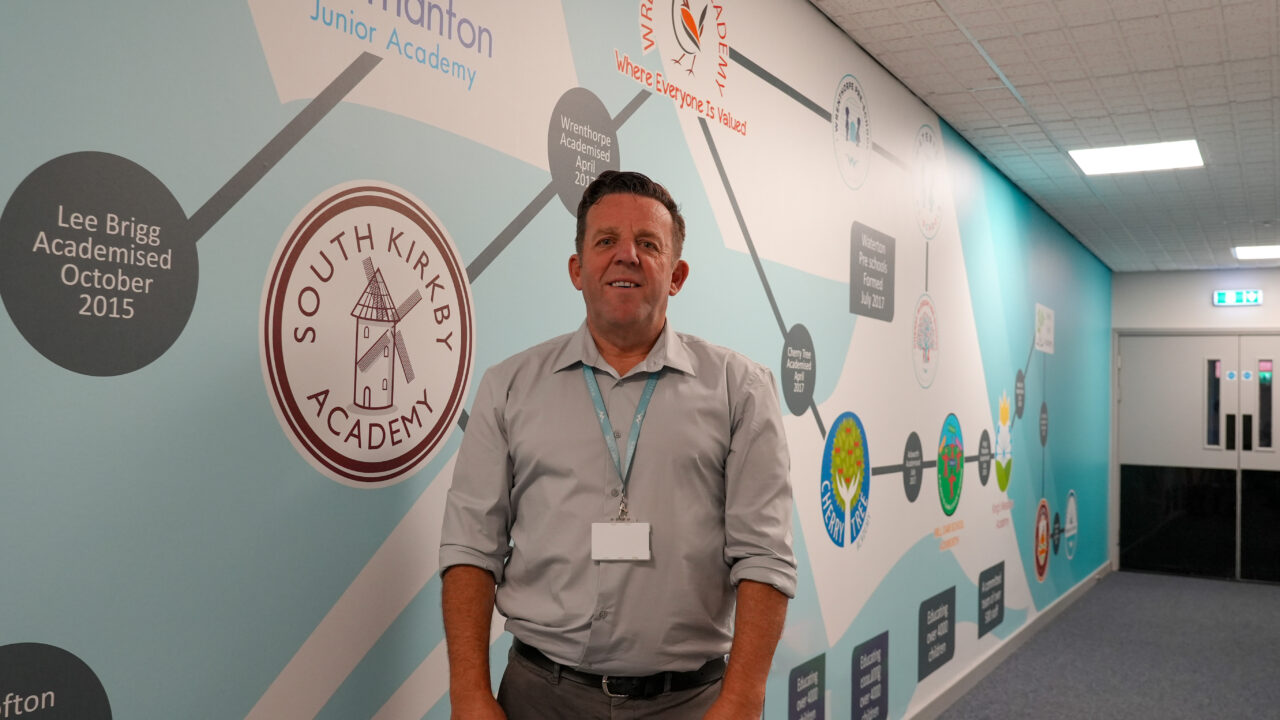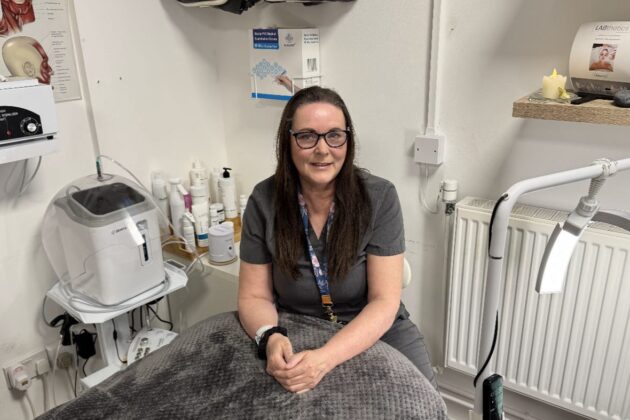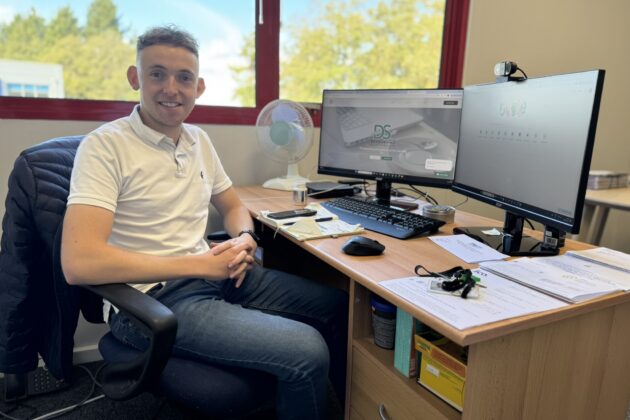
Waterton Academy Trust has been bringing fresh approaches to education since July 2014.
Led by CEO, Dave Dickinson, the organisation has created a thriving network of schools. Beginning with just one school in Wakefield, it’s now grown to include 15 traditional schools, a special school, and four pre-schools. They currently have over 4,500 children, supported by a staff team of around 600. Annual turnover last year was around a staggering £25 million.
Dave Dickinson was behind the formation of the Trust while working as a school head teacher. He explains,
“The traditional ways of working were no longer effective and wrapped in red tape. Local authorities were also unable to offer the same level of financial and development support. We had the opportunity for independence and to create innovative educational strategies.”
Dave says the original intent was simply to become an academy and have the freedom to be more innovative. But, early on, they learned it would mean applying to become a multi-academy trust. Within the first three months of business, other schools had approached them to join. Since then, it’s been a sustainable growth pattern, based on mutually beneficial outcomes for both schools and the Trust.
The Trust is a not for profit charity with a complex structure. Its core business, and mission, is ‘to educate children in their area’. But there’s also an operations side, focusing on innovation and business efficiency. This monitors the financial targets and ensures strategic growth both in the number of schools and the services offered.
“In the past, schools had to rely solely on the government for funding each year. We still get most of our income from the government, but in a different form and in a more complicated funding structure. We know our yearly income in advance though, which is a strong business advantage. We also have a trading arm providing training, pre-school services, and apprenticeships. Together, these generate a significant income, allowing us to work on other projects.”
Over the last year, the Trust began renting offices at The Business Village in Cudworth. One reason was to improve business efficiencies by bringing the operations team together in one location.
“Although we had regular meetings, all our departments worked in silos. Bringing everyone together has made a huge cultural difference to the organisation. It’s not only about meetings it’s about organic conversations taking place throughout the day.”
The stronger connections with Barnsley also assisted the Trust in becoming a key partner with local authorities in the region. Through this connection, it’s become the first multi-academy trust in the UK to open an independent special school.
“It usually takes 5-6 years to open a new special school. But we’ve worked with the local authority in Barnsley to open one in four months! It means 60 children with special educational needs no longer have to travel out of district. It’s a huge cost saving on transport and academy costs. In the past, people thought you shouldn’t cross local authority boundaries. But it’s been a great move for us. The Business Village is equidistant from most of our academies and puts us in a prime spot for expansion. It also helps us overcome perceptions that we’re a Wakefield Trust and supports future growth into new areas.”
Dave says that being a Business Village tenant has brought “lots of benefits”. He’s also had great support from the management team.
“We occupy a full corridor in The Business Village, so we covered the walls with our own branding. It feels like we’re in our own offices, not part of a multi-user site. The management team have always understood our needs as an organisation. They even let us knock through walls to give our offices interior access. Any of our staff members can work from Cudworth, meaning we don’t need to open other central team offices in the holidays.”
Along with educational innovation, Waterton Academy Trust is also focused on sustainability. Dave has joined the Net Zero Barnsley programme to learn more about reducing carbon emissions. He also plans to apply for funding which will help reduce the carbon footprint in schools.
“We’ve completed a sustainability strategy and already put lots of things in place. We’re now an LED trust, meaning all our buildings are completely LED. I’m also the industry representative on the Department for Education (DFE) decarbonisation board. That’s about reducing the carbon footprint of the national education estate. We’ve been part of a six school national pilot to make one of our schools carbon neutral.”
The Trust has also introduced an EV (electric vehicle) scheme for staff, giving them a tax efficient way of running an electric vehicle. There’s also a cycle to work scheme and an application in process for a grant to install four EV chargers on every site.
“It was once frowned upon for a multi-academy trust to operate outside school walls and take up commercial spaces. However, it’s now considered good practice, with many trusts recognising the business benefits. We’ve had lots of value out of our move to The Business Village. Without it, we’d still be working in silos, and without the level of capacity and resilience we now have. We’d also be missing out on funding and support programmes like Net Zero Barnsley.”
Website: https://watertonacademytrust.org/




